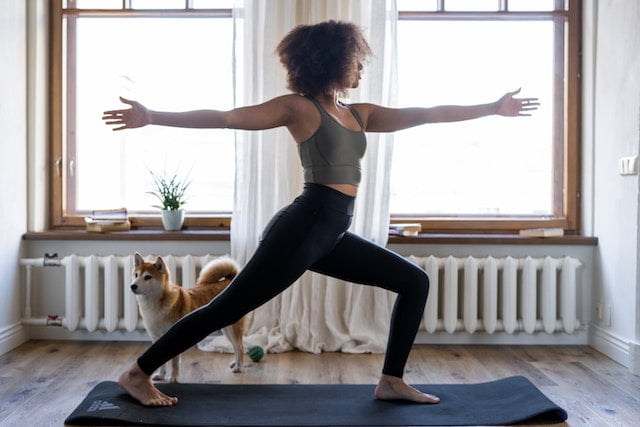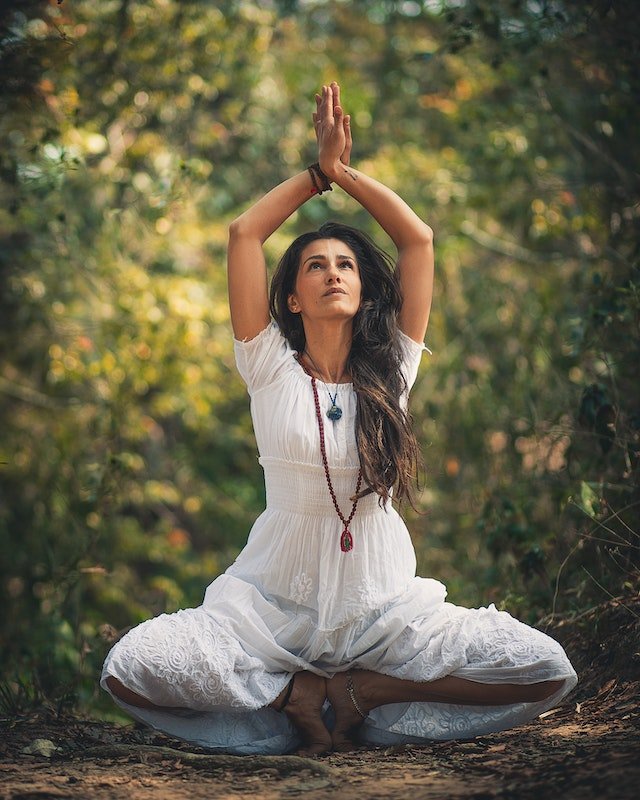Hot yoga is a popular form of exercise that involves performing yoga poses in a heated room, typically around 40°C (104°F). It can offer many benefits for seniors, such as improving flexibility, muscle strength, blood circulation, breathing techniques, stress relief, and cognitive function. However, it also carries some risks that seniors should be aware of before trying it out.
One of the main risks of hot yoga is dehydration. The high temperature and humidity can cause excessive sweating, which can lead to loss of fluids and electrolytes. This can result in symptoms such as dizziness, headache, nausea, fatigue, cramps, and fainting. To prevent dehydration, seniors should drink plenty of water before, during, and after a hot yoga session. They should also avoid caffeinated or alcoholic beverages that can dehydrate them further.
Another risk of hot yoga is overstretching. The heat can make the muscles more pliable and relaxed, which can allow for deeper stretches. However, this can also increase the chance of injury to the tendons and ligaments that support the joints. Seniors should be careful not to push themselves beyond their limits or ignore any pain or discomfort they feel during a pose. They should also warm up properly before starting a session and cool down gradually afterwards.
A third risk of hot yoga is heatstroke. This is a serious condition that occurs when the body’s temperature rises above 40°C (104°F) and cannot cool itself down. It can cause symptoms such as confusion, agitation, rapid heartbeat, seizures, coma, and even death. Seniors are more prone to heatstroke because they have less sweat glands and less ability to regulate their body temperature than younger people. To prevent heatstroke, seniors should avoid hot yoga if they have any medical conditions that affect their heart health, blood pressure, kidney function, or respiratory system. They should also wear loose-fitting, breathable clothing and take breaks or leave the room if they feel too hot or unwell.
Hot yoga can be a rewarding and enjoyable activity for seniors who are looking for a new way to stay fit and healthy. However it is not suitable for everyone and requires some precautions to avoid potential harm. Seniors who are interested in trying hot yoga should consult their doctor first and find a reputable instructor who can guide them safely through the poses. They should also listen to their body and respect its limits.


























